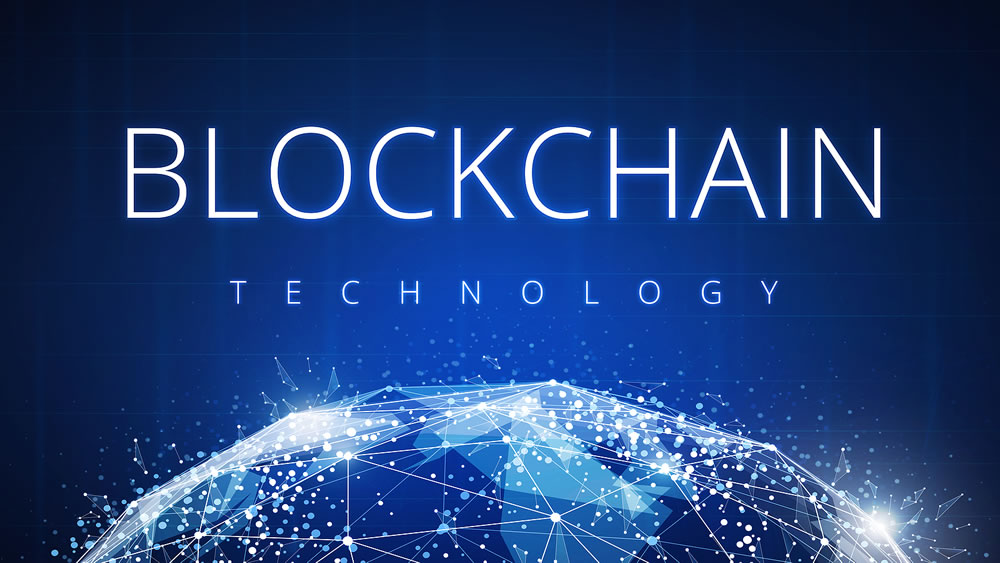The financial world has been undergoing a revolution over the past decade, and at the heart of it is blockchain technology. What began as a novel idea has grown into a powerful movement towards decentralisation, allowing individuals to take full control of their financial assets. With more users seeking transparency, security, and autonomy, decentralised blockchain platforms have emerged as the key to financial freedom.
Why decentralised finance is changing the game
Blockchain technology, particularly decentralised platforms, is reshaping the financial landscape. Unlike traditional systems controlled by central authorities like banks, decentralised platforms use blockchain to create more transparent and direct ways to manage assets. This shift toward Decentralised Finance (DeFi) puts individuals in control of their finances.
The growth of decentralised exchanges is a prime example of this change, with billions in daily trading volumes showing the appeal of peer-to-peer systems. Users prefer the control these platforms provide, where transactions are done without intermediaries.
Institutional interest in DeFi is also increasing, with new frameworks allowing access to decentralised financial tools. This growing acceptance signals the merging of traditional and decentralised systems, adding legitimacy to the DeFi space.
A key factor driving DeFi’s success is the use of stable digital assets, which are tied to the value of traditional currencies. These assets have become essential for decentralised lending, borrowing, and trading, providing stability in a space often characterised by volatility.
DeFi’s true power lies in its ability to break down barriers. Financial services, once limited by geography or intermediaries, are now accessible to anyone with an internet connection. There’s no need for credit checks or bank approval; decentralised platforms allow users to engage with financial services directly, opening up opportunities to a broader global audience.

What makes decentralised platforms so powerful
One of the biggest draws of decentralised platforms is the freedom they provide. Here’s why they stand out from traditional financial institutions:
- Everything is transparent: Every transaction is recorded on a public ledger, so nothing is hidden.
- Security you can trust: Advanced cryptography ensures transactions are secure from hacking and fraud.
- No single point of control: Decentralised networks mean no single entity has control, making them more resistant to censorship or manipulation.
Plus, traditional finance costs too much. High costs are one of the biggest barriers in traditional finance. Between fees, commissions, and hidden charges, profits are often eaten up before they even hit your account. These costs hit small investors the hardest, making financial freedom feel like an unreachable goal. Decentralised blockchain platforms offer a real solution by slashing transaction fees. By cutting out the intermediaries, you save money every time you make a trade or transfer funds. With innovative solutions like Morpher’s zero-commission trading platform, users can trade seamlessly without the burdens of high costs.
DeFi trading isn’t just cheaper – it’s also easier and more empowering, giving you more control over your financial decisions.
A new financial landscape: The future of decentralised platforms
As decentralised platforms continue to grow, they are fundamentally reshaping how people manage and grow their wealth, reducing the reliance on traditional banking. The future of DeFi looks promising, with new developments on the horizon that could make it even more transformative.

One of the most exciting aspects of DeFi is the ongoing development of decentralised applications (DApps). These applications are expanding beyond simple financial tools, offering everything from decentralised lending platforms to automated market makers. As these projects evolve, they promise to provide even more sophisticated ways for users to engage with financial markets – without the need for intermediaries.
Smart contracts, too, are expected to play an increasingly central role in DeFi’s future. These self-executing agreements are already transforming how deals are made, offering a level of security and transparency that traditional contracts simply can’t match. As the technology behind smart contracts continues to improve, we can expect them to be used in even more complex financial transactions, automating processes that once required significant manual oversight.
Perhaps most importantly, decentralised platforms are expected to further improve financial inclusion globally. Many regions with limited access to traditional banking services are already benefiting from DeFi’s openness. With continued advancements, decentralised platforms could bring an even broader range of financial services to the unbanked and underbanked, offering opportunities for wealth creation and financial management to communities that have long been excluded from the global economy.
Wrapping it up: Decentralised platforms are leading us toward financial freedom
Decentralised blockchain platforms are more than just a trend – they’re a way to take control of your financial future. With transparency, security, and low costs, they’re helping people around the world achieve financial freedom. Platforms like Morpher are at the forefront, offering zero-commission trading and giving users access to global markets. For anyone looking to break free from the constraints of traditional finance, decentralised platforms are the way forward.






















